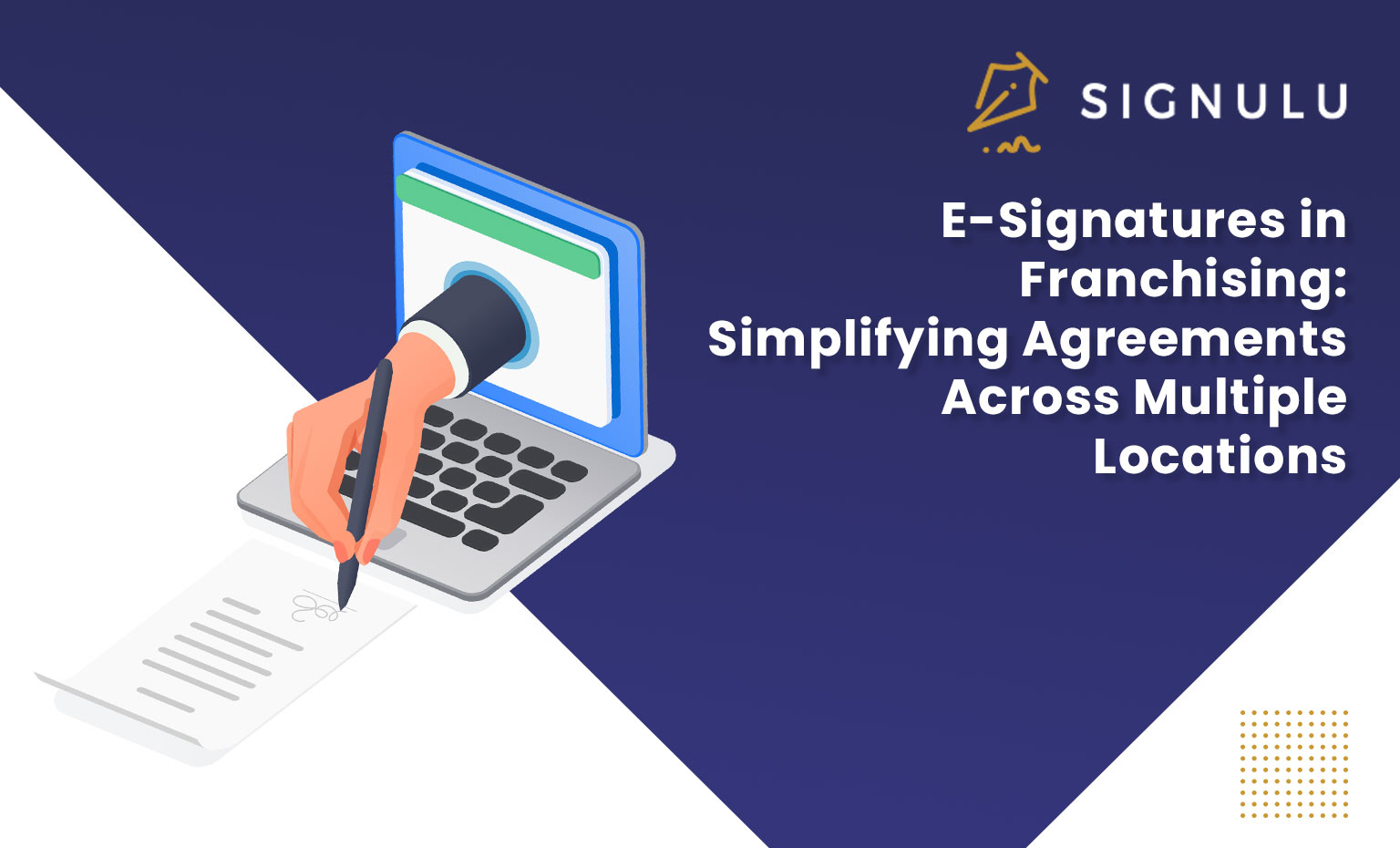As the digital landscape continues to evolve at a rapid pace, businesses are confronted with the challenge of keeping up with technological advancements and changing market conditions. Future-proofing operations has become essential for sustainability and growth. One of the key areas where this battle is most evident is in document management, where digital systems are pitted against traditional paper-based methods. This article explores how digital document management systems (DDMS) compare with traditional methods in terms of scalability, flexibility, and future-proofing businesses, illustrated through the example of a growing law firm.
Scalability: Adapting to Growth
Consider the scenario of a mid-sized law firm experiencing rapid expansion due to its successful handling of high-profile cases. As the firm grows, so does the volume of its documents—case files, client records, legal briefs. Traditional paper-based methods, which rely on physical filing cabinets and manual sorting, quickly hit their limits. The firm’s office space becomes cluttered with documents, making efficient document retrieval a challenge and scaling a nightmare.
In contrast, a digital document management system allows for easy expansion. As the law firm grows, adding more storage space is as simple as adjusting a subscription service, with no physical space needed. Digital systems handle increased demand seamlessly, ensuring that document retrieval remains quick and security tight, even as the volume of documents multiplies.
Flexibility: Meeting Dynamic Business Needs
Flexibility is another critical factor. With traditional methods, lawyers at our hypothetical firm must be physically present in the office to access critical documents, limiting their ability to work remotely or while in court. Sharing documents with colleagues or clients is cumbersome, involving photocopying and secure mailing.
With a digital document management system, documents are accessible anytime, anywhere, via any device with internet connectivity. This capability enables real-time collaboration among attorneys, who can review, edit, and share documents directly from the courtroom or while traveling. Changes to documents are updated instantly and are visible to all relevant parties, facilitating quicker decision-making and enhanced collaboration.
Future-Proofing: Staying Ahead in a Digital Age
Future-proofing is about readiness for upcoming changes, and traditional document management systems are notoriously rigid. When a new technology or requirement emerges, transitioning from paper to digital formats can disrupt operations and entail substantial costs.
Digital document management systems are designed to adapt. They easily integrate with new technologies like automated workflows, advanced security protocols, and other digital tools. As technologies evolve, features such as AI and machine learning can be incorporated to further enhance functionalities like advanced search, data analytics, and predictive capabilities.
Enhancing User Experience with Signulu’s Generative AI Features
Signulu enhances its digital document management with Generative AI features such as Document Summarization and the GenAI Chatbot. For our law firm, Document Summarization could distill lengthy legal documents to their essentials, dramatically reducing the time lawyers spend reviewing files. The GenAI Chatbot answers queries about document details, offers clarifications, and guides users through complex documentation processes, significantly boosting efficiency and user satisfaction.
Comparing digital document management systems with traditional methods, the advantages of scalability, flexibility, and future-proofing are clear. As digital transformation permeates every industry, adopting systems like those provided by Signulu becomes crucial. For businesses eager to test these benefits, Signulu’s 14-day free trial offers a hands-on opportunity to see how digital document management can revolutionize their operations and prepare them for future challenges.











